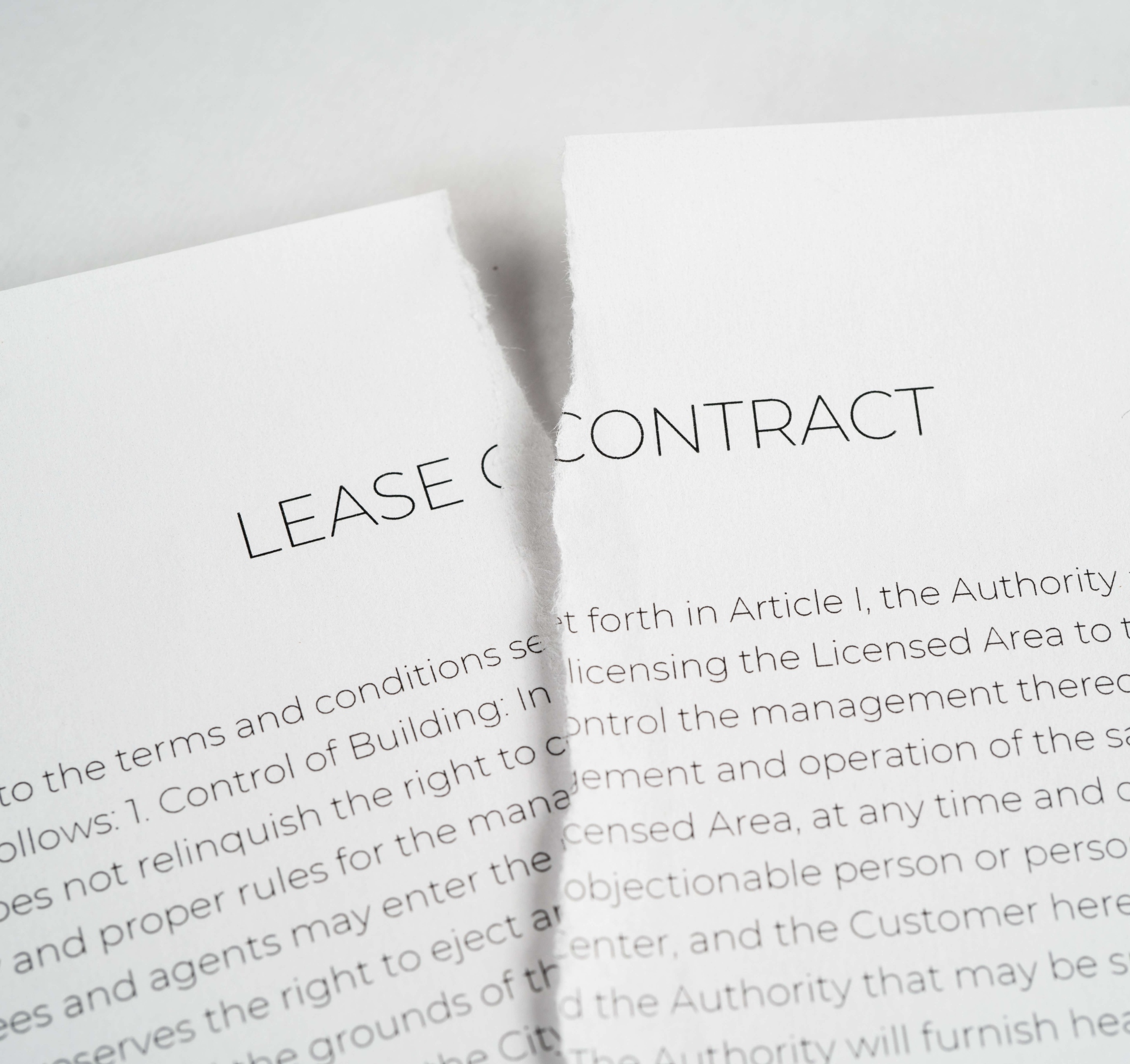
Ever wondered whether landlords are entitled to damages for breach of lease? The recent case of Almacantar Centre Point No.1 Ltd v CID Investments Ltd provides helpful guidance on this matter, suggesting that landlords are not entitled to such damages.
In this case, the claimant landlord sought an order for disgorgement (an order to give up profit/pay damages) against the defendant tenants and sub-tenants after they sub-let and sub-sub-let a residential leasehold property without first obtaining the landlord’s consent.
The County Court at Central London held that a breach of contract constituted by the subletting of residential premises without prior written consent from the landlord was not exceptional enough to justify disgorgement damages, and that, while negotiating damages had been open to the court in such a case, it was not available on the evidence as the alleged damage had not been proven because no loss had been established.
HHJ Luba held that this was not an exceptional case due to the following factors:
- The lease in question was an ordinary lease which did not establish a fiduciary relationship between the parties.
- No where in the lease did it mention that the tenant was prohibited from generating a profit and there existed no legitimate interest in preventing profit.
- There existed no contract not to sub-let, notwithstanding the fact that the landlord’s consent was required – this was the obligation that had not been complied with.
- The “deliberate and cynical nature” of CID Investments’ conduct, while true, was insufficient to merit disgorgement damages on its own, per Lord Nicholls in Attorney General v Blake [2001].
- ‘Deterrence’ of abuse of property was not a sufficient reason. Vigilance by the lessor and the threat of forfeiture of the lease applied.
Subletting without the requisite authority to do so or short letting in breach of covenant are very common ways in which tenants breach their leases.
The moral of the story…
Understandably, in this situation landlords often feel that the lessees should be required to pay damages to punish them for their breach. However, as demonstrated in this particular case, there appears to be no strong basis for such punishment here. Breach of lease is a contractual issue rather than a criminal offence, so lessees are not required to pay damages unless the landlord can demonstrate that they have suffered clear losses as a result of the breach.
So, the moral of the story here is to draft robustly worded contracts to protect you in this situation – this is where we can help! Call us today on 0203 627 9727 or drop us an email at info@hillarycooperlaw.co.uk and a member of our client support team will book you in for a free 30-minute initial consultation with one of our highly qualified solicitors.